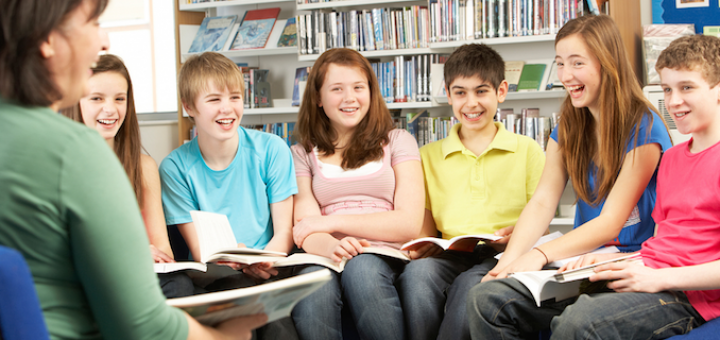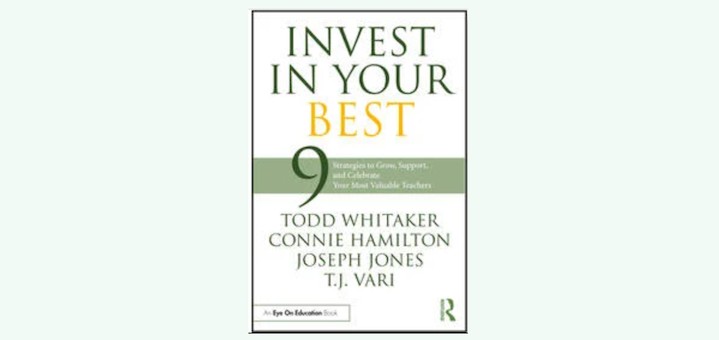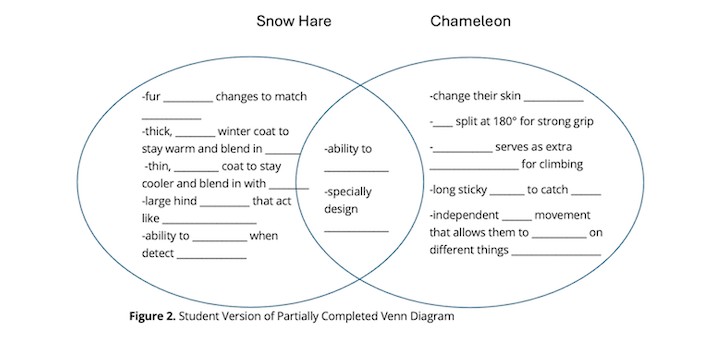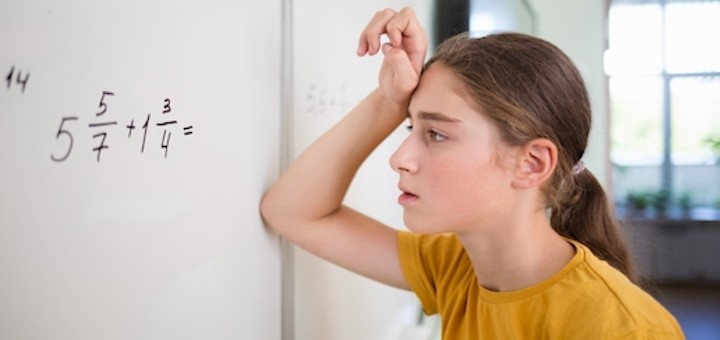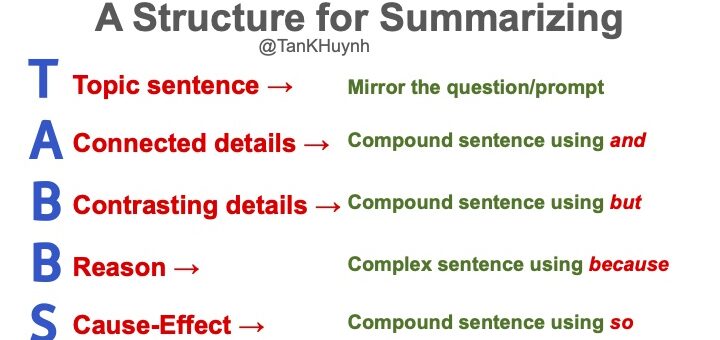Better Beginnings for Better Learning All Year
With the next school year not too far over the horizon, 7th grade teacher Laurie Hornik has tips for getting off to a strong start. She suggests skipping traditional ice breakers and instead introducing the class community by exploring what you will be learning together.





